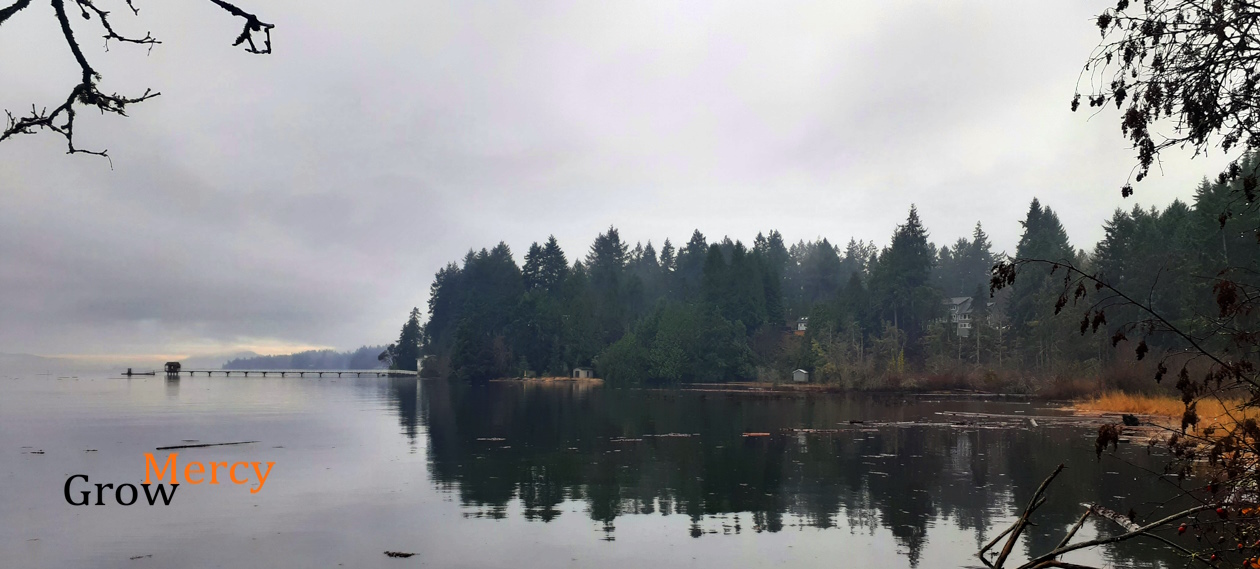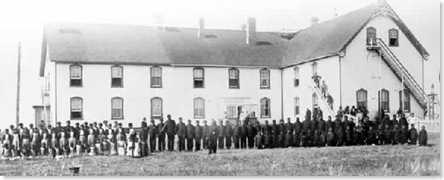As a follow-up to the Federal apology to aboriginals, here’s a link to an article in the Surrey Leader that you’ll find insightful, realistic, and hopeful. The article contains an interview with Ernie Crey, author and Sto:lo activist. (…also my sister-in-law’s brother.)
But it was economic policies “designed to keep aboriginal people in poverty” that hit hardest and deepest, Crey says, virtually imprisoning aboriginal people on reserves in living conditions most non-aboriginal Canadians would never accept.


Thanks for posting this Steve!
Hopefully Canadians will delve more into Canada’s history more after the apology this week. It is important to understand the foundational structure and systems that made or continue to hold up the country today.
I wrote this to someone with whom I was having a discussion about the purpose of telling stories of abuse, of apolgizing, of seeking and offering forgiveness:
“The church has done very badly in seeing forgiveness as a cure. Christian therapists have sometimes abetted this. Sometimes, though, they have encouraged their clients to go to the law and take the abuser to court. This has also been an unreliable source of justice too often. I don’t have a formula for when I speak with people who have stories of abuse. I think my hope is that people who have stories of abuse will discover, in the telling, that they have other stories too, that the abuse was powerless to destroy. It’s the telling of those stories, not the stories of abuse, that make the difference, seems to me. But usually the abuse story has to be told first so that we can see where its limits are, where its boundaries lie, where its influence ends.